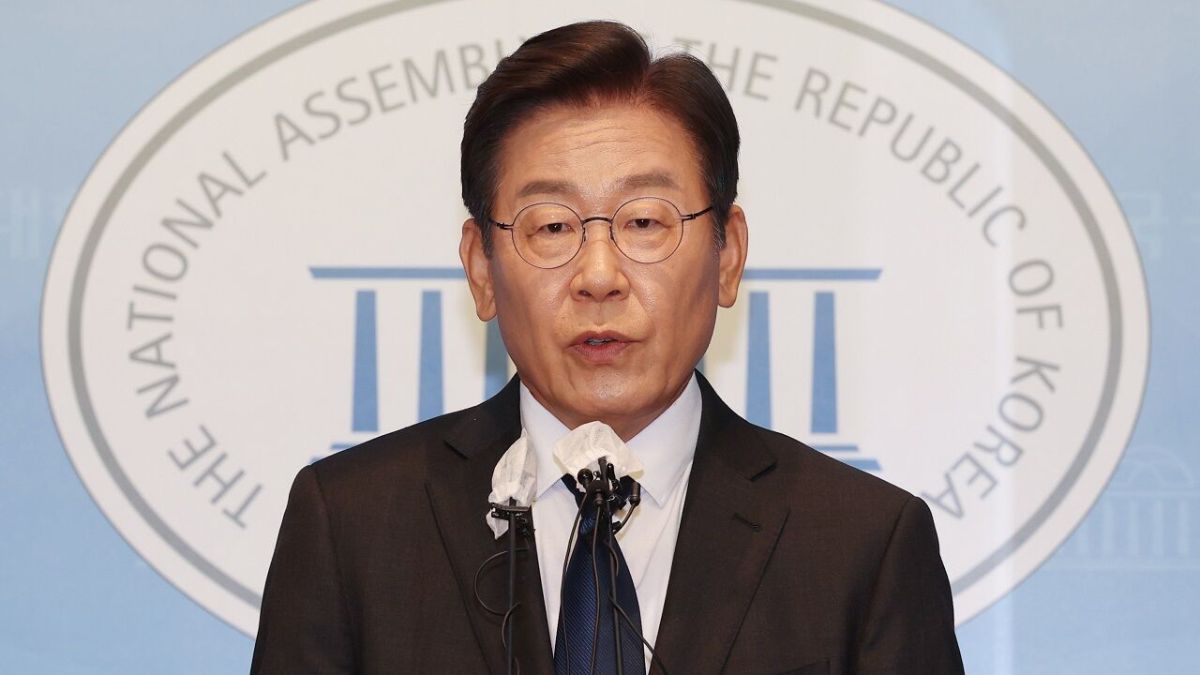Lee Jae-Myung, former chairman of the Democratic Party of Korea (DPK), has secured a decisive victory in the party’s leadership primaries, winning over 90% of the vote in key southeastern cities, bolstering his chances of reclaiming the party’s top position. His recent victories in Busan and Ulsan are the latest in a series of wins, positioning him as the clear frontrunner in the party’s leadership race.
In Busan, Lee captured 92.08% of the votes, significantly outpacing his primary challengers. Former Interior Minister Kim Doo-Gwan managed to secure only 7.04%, while another candidate, Kim Ji-Soo, earned a mere 0.98% of the votes. Lee’s dominance extended to Ulsan, where he won 90.56% of the votes. The resounding victories in these cities mark a pivotal moment in his campaign, as he seeks to solidify his control over the party.
These triumphs come as part of a broader 15-leg primary contest that will culminate in the election of a new party leader at a national convention scheduled for August 18. Lee’s consistent victories in the primaries have set the stage for what many political observers believe will be a successful bid for his second term as party chairman. The final decision, however, will also weigh the results of public opinion surveys and online polls conducted by party members and representatives.
Lee’s resurgence in the DPK leadership race follows his resignation in June, a move required by party regulations that mandate the chairperson step down if they seek to run again. Lee’s decision to reenter the fray demonstrates his confidence in securing another term, despite the legal challenges that continue to dog his political career.
Throughout his campaign, Lee has emphasized his vision for a more progressive and socially equitable South Korea, aligning himself with the party’s liberal base. His leadership has been marked by a focus on economic justice, social welfare, and expanding the country’s green energy initiatives.
Lee’s dominance in the primaries has not only cemented his status within the party but also fueled speculation about his potential run in the 2027 presidential election. As one of the most prominent figures in South Korea’s progressive political landscape, Lee is seen by many as the liberal bloc’s best hope for regaining the presidency after the DPK’s loss in 2022.

